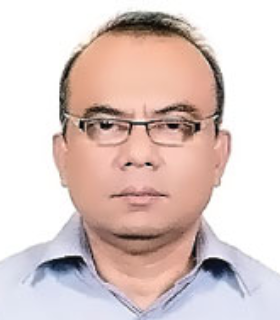Rohingya
The Rohingya people are a Muslim minority group residing in the western state of Rakhine, Myanmar, formerly known as Arakan. The religion of this ethnic group is a variation of the Sunni religion. Myanmar government does not recognize them as an ethnic group. Thus, they lack legal protection from the Government of Myanmar. They are regarded by Myanmar government as refugees from Bangladesh, and face strong hostility in the country. The Rohingya people have been described as one of the most persecuted people on earth. The Rohingya often try to enter Southeast Asian states illegally and request humanitarian support from host countries.
According to the historians, Rohingya have been living in Arakan (referred to the area now known as Rakhine) from time immemorial. After the independence of Myanmar in 1948, citizenship was denied to the Rohingya population. The Rohingya were excluded from the Union Citizenship Act. In 1982, a new citizenship law was passed that also did not include Rohingya in the list of country's 135 ethnic groups. The law established three levels of citizenship, the most basic level, naturalization, requiring proof of family living in Myanmar prior to 1948. The Rohingya generally lacked such documents as their family were initially denied citizenship. In the 1970s, the Myanmar military began a campaign of brutal crackdowns in Rohingya villages, forcing the Rohingya population to flee .Many Rohingya migrated illegally to predominantly Buddhist Bengali villages.
Throughout modern history there have been several waves of Rohingya influxes into Bangladesh as a result of political, social, and economic oppression in their home state of Myanmar. Since 1942 these have been classified into four major events; 1978 (approx. 200,000), 1991-1992 (approx. 250,000), 2016 (approx. 87,000), and the current crisis wherein approximately 750,000 Rohingya crossed the border into Bangladesh between August 2017 to January 2018.
While the Rohingya population in Bangladesh has fluctuated over the years due to voluntary returns to their home state or resettlement in third countries, conditions as they stand in Myanmar have created a barrier for safe return since the latest 2017 influx. As such, the Government of Bangladesh (GoB) and the RRRC have committed to providing ongoing support for the now approximately 1,006,670 forcibly displaced Rohingyas seeking shelter in Bangladesh, the majority of whom are residing in Ukhiya and Teknaf Upazila of Cox's Bazar.







